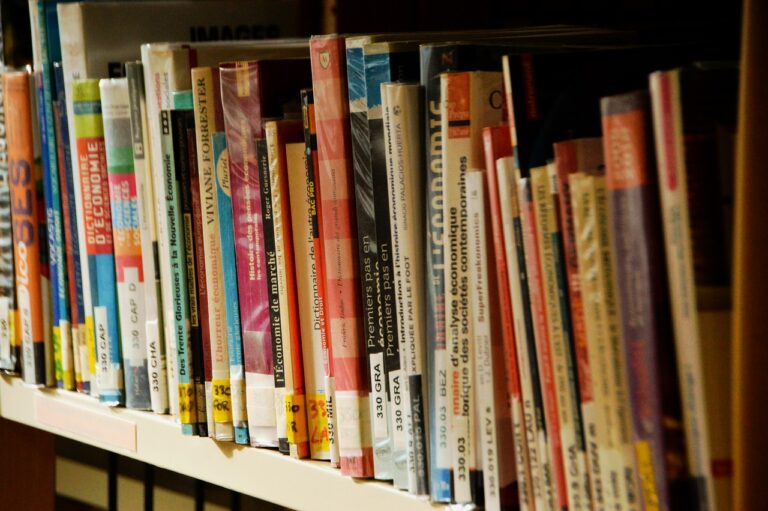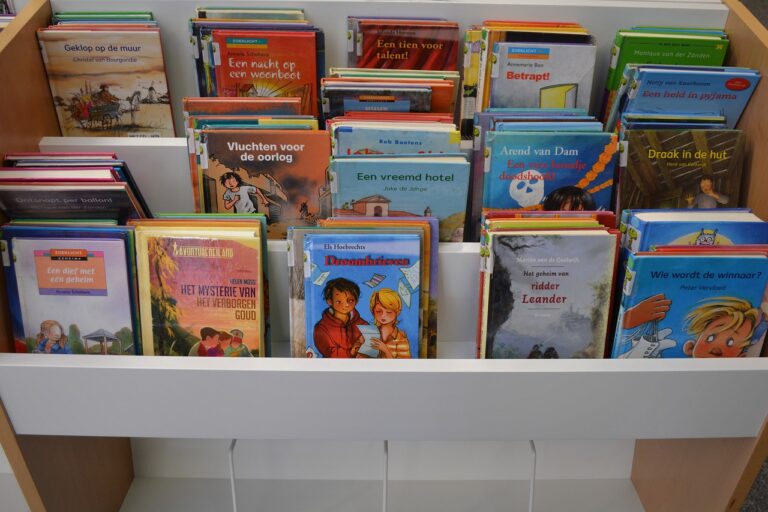The Impact of Teacher Training Programs on Classroom Effectiveness
Professional development for educators is a crucial aspect of their career growth and effectiveness in the classroom. Keeping abreast of the latest research, teaching techniques, and tools allows educators to adapt to the evolving needs of their students and the education sector. By engaging in ongoing professional development, teachers can enhance their teaching skills, stay motivated, and continuously improve the quality of education they provide.
Furthermore, ongoing professional development helps educators stay current on education policies, technology advancements, and best practices in teaching. It enables teachers to reflect on their teaching methods, identify areas for improvement, and implement new strategies to better support student learning. By investing in their professional development, educators demonstrate a commitment to lifelong learning and a dedication to fostering academic success for all students.
• Ongoing professional development allows educators to adapt to the evolving needs of students and the education sector
• It helps teachers enhance their teaching skills, stay motivated, and continuously improve the quality of education they provide
• Professional development assists educators in staying current on education policies, technology advancements, and best practices in teaching
• Teachers can reflect on their teaching methods, identify areas for improvement, and implement new strategies to better support student learning through ongoing professional development
• Investing in professional development demonstrates a commitment to lifelong learning and fostering academic success for all students
Understanding the Role of Pedagogy in Teacher Training Programs
Pedagogy plays a pivotal role in shaping teacher training programs, providing educators with the necessary knowledge and skills to create effective learning environments. It encompasses the methods and practices used to facilitate learning and teaching, emphasizing the importance of understanding how students learn best. Through a deep exploration of pedagogical theories and strategies, teachers can enhance their instructional practices and cater to the diverse needs of their students.
By integrating pedagogical principles into teacher training programs, educators are equipped to design engaging lessons that foster student growth and development. This involves considering factors such as lesson planning, assessment techniques, and classroom management strategies to create a supportive and inclusive learning environment. Ultimately, a strong foundation in pedagogy empowers teachers to adapt their teaching approaches to meet the evolving needs of their students and promote academic success.
Implementing Differentiated Instruction Techniques in Classroom Settings
Differentiated instruction techniques play a crucial role in fostering a diverse and inclusive learning environment within classrooms. By tailoring instruction to meet the individual needs of students, educators can better support diverse learning styles and abilities. This approach recognizes that students have unique strengths, challenges, and interests, allowing teachers to provide more personalized and effective instruction.
Implementing differentiated instruction techniques involves creating flexible lesson plans, providing multiple avenues for students to demonstrate their understanding, and offering varied levels of support based on individual needs. This approach may include using small group activities, adjusting the pacing of lessons, and incorporating diverse resources to cater to different learning preferences. By embracing differentiated instruction strategies, educators can empower students to take ownership of their learning and achieve success in a way that aligns with their unique capabilities.
What is differentiated instruction?
Differentiated instruction is a teaching approach that tailors instruction to meet the individual learning needs of students in the classroom.
Why is ongoing professional development important for educators?
Ongoing professional development is important for educators to stay up-to-date on the latest teaching techniques, strategies, and research in order to effectively implement differentiated instruction techniques in the classroom.
How does pedagogy play a role in teacher training programs?
Pedagogy plays a crucial role in teacher training programs by providing educators with the necessary knowledge and skills to effectively implement differentiated instruction techniques in the classroom.
What are some examples of differentiated instruction techniques that can be implemented in classroom settings?
Some examples of differentiated instruction techniques include flexible grouping, tiered assignments, and providing multiple means of representation, expression, and engagement for students.







